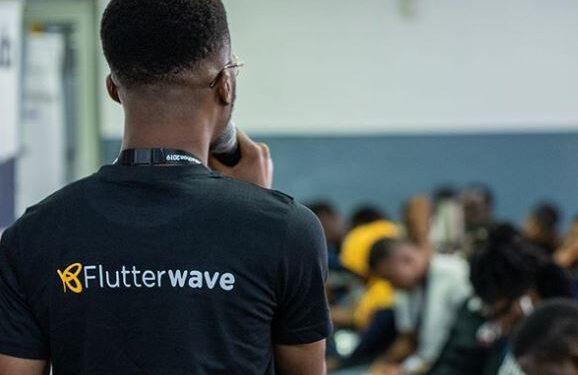Flutterwave, Africa’s leading fintech startup, has obtained a court order to initiate the recovery of ₦19 billion ($24 million) lost to unauthorized Point of Sale (POS) transactions. The High Court ruling, issued on February 1, empowers Flutterwave to contact over 6,000 account holders across 35 banks and financial institutions involved in the illicit transfers.
According to a statement released by Flutterwave to TechCabal, the company discovered the misuse of POS devices by certain merchants in 2023, resulting in unauthorized transactions. In response, Flutterwave temporarily suspended the accounts involved to prevent further losses, asserting that no customer funds were compromised.
The court’s decision, in the form of a Mareva injunction, grants Flutterwave the authority to recover the funds and assets of the identified account holders. This action is deemed crucial as the recipients of the misappropriated funds may have already utilized the money.
Flutterwave will liaise with the relevant authorities to investigate and address the situation while actively engaging with the affected financial institutions. Court documents reveal that an earlier order imposed debit restrictions on the implicated accounts two months after the incident.
In compliance with the recent court order, 35 financial institutions, including Opay, Paga, Palmpay, Access Bank, and Zenith Bank, are mandated to provide the contact details of the account holders to Flutterwave. The fintech company plans to reach out to the affected individuals via email, SMS, and WhatsApp messages.
Legal experts suggest that Flutterwave may enlist the services of a recovery agency to facilitate the retrieval process. The success of this endeavor hinges on the accuracy of customer information held by financial institutions, emphasizing the importance of Know Your Customer (KYC) protocols.
Recent fraud incidents in Nigeria’s financial sector underscore the necessity for robust KYC measures. Neobanks, in particular, have faced scrutiny due to their lax requirements for customer verification. In response, the Central Bank of Nigeria has mandated stricter KYC measures, requiring customers to provide their Bank Verification Number (BVN) or National Identification Number (NIN) for account opening by March 2024.
Flutterwave’s legal action highlights the ongoing challenges facing Nigeria’s financial ecosystem and underscores the imperative for enhanced regulatory oversight and adherence to KYC standards to mitigate fraud risks and safeguard customer interests.











